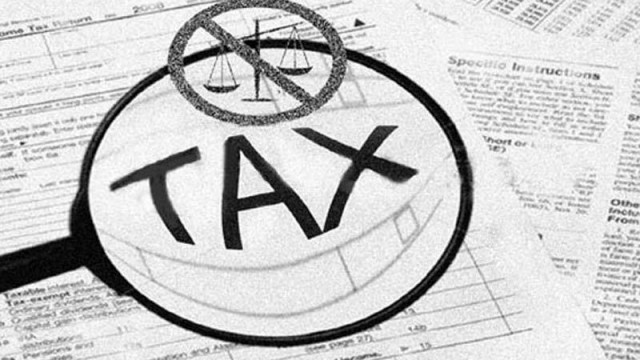The concept of “tax resident” is an important part of every country’s tax legislation. The rules for determining tax residency status differ from one country to another. Two popular means include:
- relying upon the number of days a person is present in a country, or
- simply upon a person’s citizenship.
In our country, the test for an individual’s tax residency status is laid down in section 82 of the Income Tax Ordinance 2001. Under this section, an individual is considered a tax resident in Pakistan if his or her presence in Pakistan during a tax year exceeds:
- (A) 183 days in aggregate, irrespective of presence in past tax years; or
- (B) 120 days, if in the preceding 4 tax years he or she had been present in Pakistan for an aggregate period of 365 days or more.
(The above criteria apply in case of individuals other than employees of the federal or provincial government).
The scheme of taxation with respect to a resident is not the same as that of a non-resident. As per sub-sections (5) and (6) and section 11 of the Ordinance, a resident individual’s income shall be the sum of both Pakistan-source income and foreign-source income while a non-resident’s income for the purpose of tax shall only be Pakistan-source income. The inclusion of foreign-source income in the former case, however, is subject to foreign tax credit available under section 103 of the Ordinance (and section 102 of the Ordinance in the case of foreign-source salary received by a resident individual) so as to avoid double taxation – a need that has given birth to international treaties on avoiding double taxation and double non-taxation. The shift from non-resident status to resident-status would thus result in a person’s foreign-source income to be charged for tax in Pakistan.
It is pertinent to mention that section 103 of the Ordinance allows tax credit up to the extent of tax liability computed in Pakistan. To illustrate, a person having paid PKR 100 as foreign income tax on his or her foreign income would remain liable to pay PKR 30 in Pakistan if his or her income tax liability under the Ordinance is computed to be PKR 130. The aforesaid claim is not straightforward as there are two important factors that come into play while claiming foreign income tax credit under section 103 of the Ordinance.
Firstly, the burden lies on the taxpayer to produce valid evidence of foreign tax paid. Although this does not appear to be a problem per se, a person may not be able to produce the evidence as it may have been lost or difficult to retrieve.
Secondly, as per section 103(7) of the Ordinance, credit in respect of foreign income tax can only be given if that foreign income tax is paid within two years from the end of the tax year in which the foreign income has been earned. This means that if one’s foreign income is assessed at a higher tax rate by the foreign income tax authority after a lapse of two years and there is a requirement to make an additional foreign tax payment, one would not be able to claim credit under the Ordinance. This is beneficial from a revenue perspective as the taxpayer does not have an indefinite time to claim the credit and any foreign income tax paid after the lapse of the 2 year limitation period will not be allowed an adjustment in the form of tax credit.
Owing to the suspension of international flight operations during COVID-19, many Pakistani tax residents may have been ineluctably forced to stay abroad, resulting in them ending up staying for less than the time stipulated to be considered tax residents. It is, therefore, imperative that in the Finance Act of 2020, the requirement of presence during the tax year 2020 (July 01, 2019 – June 30, 2020) be reduced to give effect to the forced stay abroad. It could be done by way of a retrospective amendment to section 82, helping the federal government collect additional tax revenues.
The views expressed in this article are those of the author and do not necessarily represent the views of CourtingTheLaw.com or any organization with which he might be associated.



Impressive article, ample Knowledge on Tax due to COVID19.
Good analysis
Very logical approach in the article.
Nice.